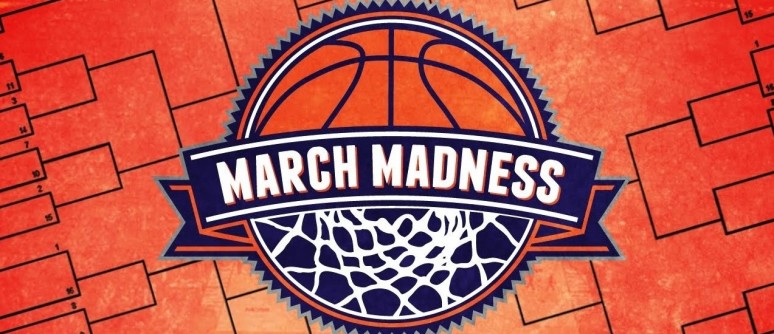Once the field of 68 is announced on Selection Sunday, it’s time to dive into this year’s bracket and start betting on the NCAA tournament games.
If you’re reading this, chances are you’ve participated in March Madness bracket challenges. For many, it’s an annual tradition dating back to childhood. As always, I’ve posted my expert bracket predictions, continuing a streak of over 15 years.
Historically, most brackets were part of office pools. Today, with the rise of online March Madness contests, submitting your predictions has never been easier.
For those curious about its origins, the first bracket pool is believed to have started in 1977 at a bar in Staten Island, attracting 88 participants with a $10 entry fee. By 2006, the same bar hosted 150,000 participants, with prize money exceeding $1.5 million.
Clearly, the appeal of filling out a bracket has grown exponentially over the years.
Number of NCAA Tournament Brackets Submitted During March Madness
According to the American Gaming Association, approximately 56.3 million Americans filled out at least one bracket in 2023, with overall March Madness betting participation reaching around 68 million. In 2024, Americans were expected to wager $2.72 billion on the tournament, further highlighting its massive appeal.
While official 2024 bracket participation numbers are not yet available, trends suggest that bracket engagement remains steady. Based on recent growth patterns, it’s reasonable to estimate that around 57 to 62 million people will fill out a bracket for the 2025 tournament, keeping March Madness one of the most widely participated sports betting traditions in the U.S.
Why Do So Many People Participate in Bracket Contests Each Year?
While some submit brackets for fun, the majority are enticed by potential winnings.
Most office pools have entry fees, with top brackets claiming a share of the pot.
The AGA estimates that the average bracket entry fee is $29, with a total of $2.4 billion wagered on pools alone. This gives insight into how much money is bet on college basketball this time of year.
Many online contests are free to enter but offer substantial prizes.
Some even promise over $1 million for anyone who can correctly predict all 63 games. While it’s highly unlikely to pick a perfect bracket, the challenge undoubtedly boosts participation.
The tournament’s unpredictability also adds to its allure. Our upset predictions can help you identify first-round surprises. The tournament sleepers we highlight are higher seeds with potential for deep runs.
The 68-team format contributes significantly to this unpredictability. In earlier, smaller fields, upsets were less common. Keep this in mind when reviewing winners by seed.
Without upsets, the tournament wouldn’t have evolved into the national phenomenon it is today.
If the top seeds always prevailed and predictions were straightforward, interest would wane. Even the favorites to win the tournament typically have a 20% or less chance of clinching the title!
I’ve participated in pools where individuals with minimal knowledge of the teams excelled. This inclusivity explains why so many, including women and non-sports enthusiasts, join these contests.



